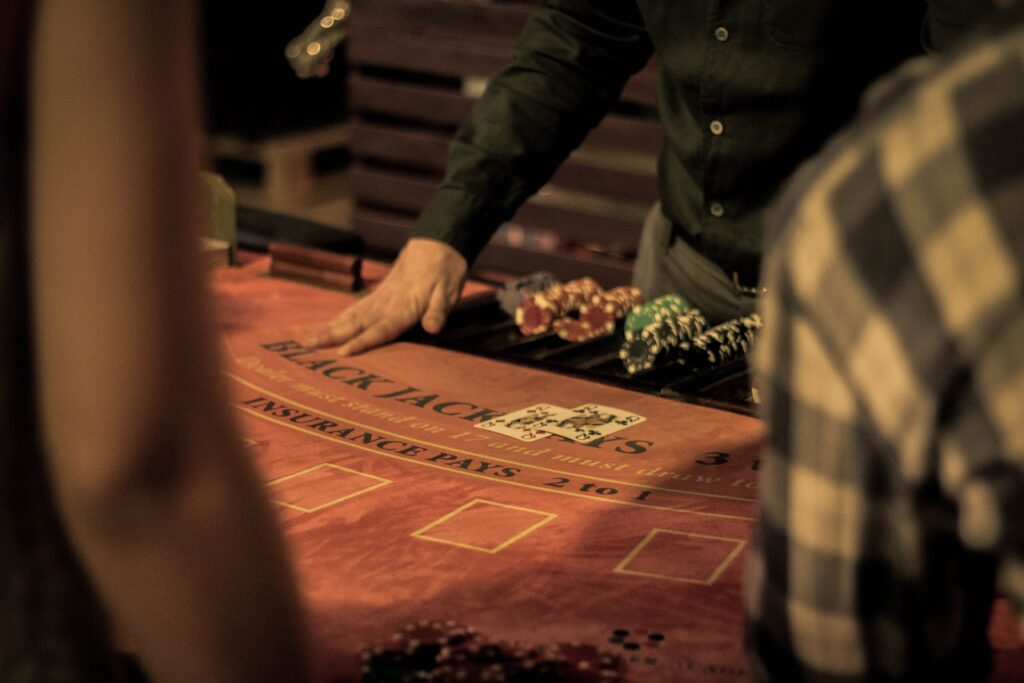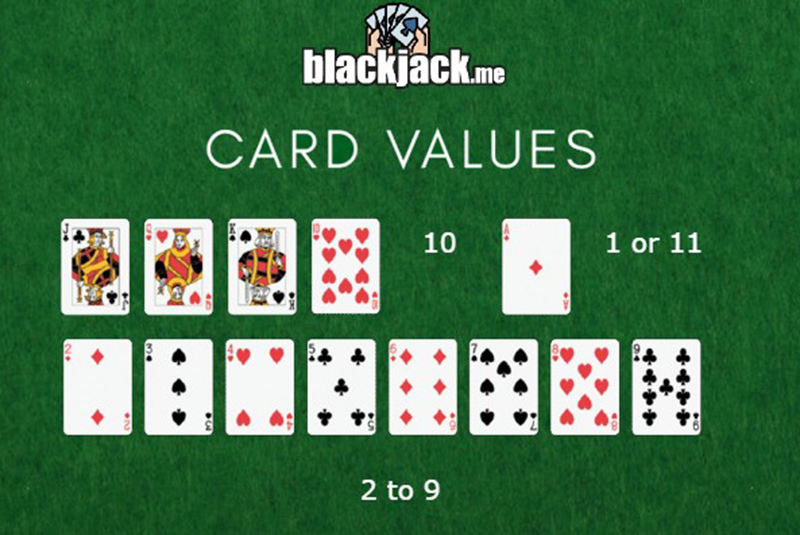Blackjack is a popular casino game that has been enjoyed by millions of players around the world for many years. While the game is relatively simple to learn, it can be challenging to master. One of the techniques that players can use to increase their chances of winning is card counting, which involves keeping track of the cards that have been dealt to determine the probability of certain cards coming up in future hands. However, card counting is a controversial topic, and many people believe that it is cheating. In this blog post, we will explore the ethics of card counting in blackjack, and whether it is cheating or just smart gaming.
We will examine the legality of card counting, the technicalities of how it works, and the arguments for and against its use. Ultimately, we will conclude that card counting is not cheating, but it is up to each individual player to decide whether they feel comfortable using this strategy based on their own values and beliefs.
The Legality of Card Counting
Card counting is not illegal in most jurisdictions, including the United States, Canada, and Europe. However, casinos have the right to ban players who use this technique, and it is not uncommon for them to do so. This is because card counting is seen as a threat to the casino’s profits, and it is within their legal rights to refuse service to anyone they suspect of using the strategy. In fact, many casinos use sophisticated technology and security measures to detect card counters, such as cameras and computer algorithms that analyze players’ behavior and betting patterns.
One famous court case involving card counting is Kephart v. Harrah’s Entertainment, in which a blackjack player sued a casino for false imprisonment and defamation after he was detained and accused of card counting. The case was eventually dismissed, with the judge ruling that the casino had the right to detain the player based on their suspicion that he was using card counting, and that the player had no legal claim for damages.
In summary, while card counting is not illegal, it is within a casino’s legal rights to refuse service to players who use the technique. Therefore, players who choose to use this strategy should be aware of the potential consequences, including being banned from casinos or having their winnings confiscated.

The Technicalities of Card Counting
Card counting is a strategy used in blackjack to determine the likelihood of certain cards coming up in future hands. The basic idea behind card counting is to keep track of the cards that have already been dealt to gain an advantage over the house. There are several different methods of card counting, but they all involve assigning point values to the cards based on their rank, and keeping a running total of these values as the cards are dealt.
The most common card counting method is called the Hi-Lo system. In this system, cards with a value of 2-6 are assigned a point value of +1, cards with a value of 7-9 are assigned a point value of 0, and cards with a value of 10-Ace are assigned a point value of -1. As the cards are dealt, the player keeps a running count of the point values, which helps them to determine the probability of certain cards coming up in future hands.
Another popular method of card counting is the KO (Knockout) system, which is similar to the Hi-Lo system but uses a different set of point values. In the KO system, cards with a value of 2-7 are assigned a point value of +1, cards with a value of 8-9 are assigned a point value of 0, and cards with a value of 10-Ace are assigned a point value of -1.
There are several other more complex card counting systems, such as the Omega II, Hi-Opt I, and Hi-Opt II, which assign different point values to the cards and require more advanced counting techniques.
The Ethics of Card Counting
The ethics of card counting are a matter of debate, with some people considering it cheating, while others argue that it is just a smart gaming strategy. Those who consider card counting to be cheating argue that it gives players an unfair advantage over the house, and goes against the spirit of the game. They believe that card counting undermines the fairness and integrity of the game, and can lead to casinos losing money and potentially going out of business.
On the other hand, those who believe that card counting is a legitimate strategy argue that it is simply a way for players to use their skill and knowledge of the game to gain an advantage. They point out that casinos are not obligated to offer games that are unbeatable, and that the odds in most casino games are already in favor of the house. They argue that if players can use their knowledge and skill to shift the odds in their favor, then they should be able to do so without being considered cheaters.
Another argument in favor of card counting is that it is not technically cheating, since it does not involve any illegal or unethical behavior. Card counting is simply a strategy that is based on mathematical probabilities, and does not involve any form of deception or cheating. Those who use card counting argue that it is no different than using a basic strategy chart, which is a common technique that many players use to improve their chances of winning.
Conclusion
The ethics of card counting in blackjack are a complex and contentious issue. While some people consider it to be cheating, others see it as a legitimate strategy that involves using skill and knowledge of the game to gain an advantage. Card counting is not illegal, but it is important for players to be aware of the potential consequences, such as being banned from casinos or having their winnings confiscated. Ultimately, the decision to use card counting as a gaming strategy is a personal one that should be made based on individual moral beliefs and values. It is important for players to understand the technicalities of card counting, as well as the legal and ethical implications, before deciding whether to use this strategy.



